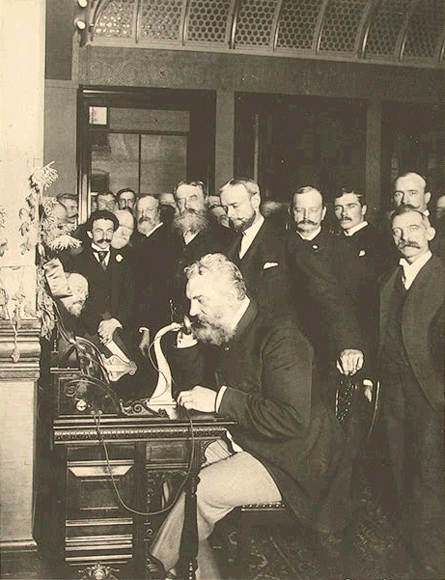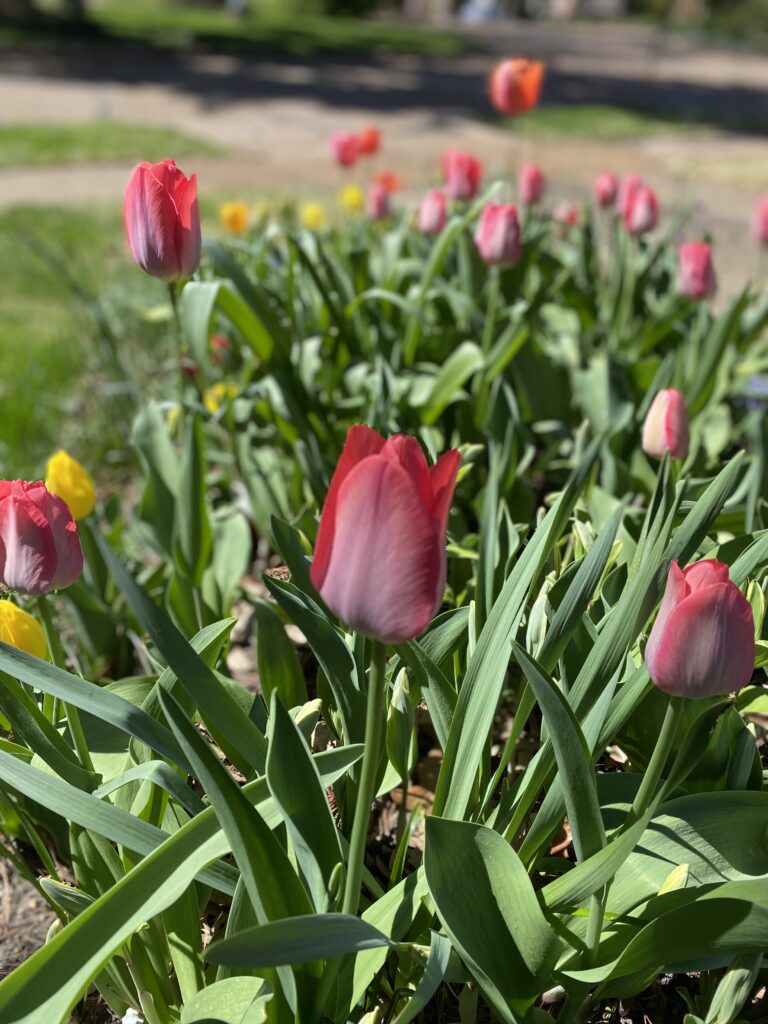The nation of Israel has just been freed from slavery in Egypt. God has shown His great power in their Exodus through the plagues that Egypt endured and in the overthrow of the armies of Egypt in the Red Sea.
Imagine walking on dry ground through the sea then turning to watch the most feared army in the world destroyed as the walls of water come crashing down. How could this special people not see God’s power? How could they question His ability to care for them?
This is where we find the nation of Israel in Exodus 15:22-26. Their “big problem” of chapter 14, the army, was solved. That leaves them with a new problem: water (v 22). Moses finds himself being responsible to find water for ≈ 2.5 million people along with their livestock.
Marah
Three days into this problem they arrived at a place called “Marah” where there’s a pool of water. “Marah” means bitter, and as it’s name indicates that water was bitter and they couldn’t drink from this pool (v. 23). We don’t know from scripture if they were being water snobs and the water didn’t taste good enough for them or if the foul taste indicated something worse. Either way this source of water wasn’t the solution they had hoped for.
So what do they do? Do they pray about it? Do they encourage Moses that they’re with him and trust him? No. They complained… They didn’t ask God to heal the waters, they went straight to complaining.
“And the people murmured against Moses, saying, What shall we drink?” Exodus 15:24
Moses however went to God with this problem. He prayed and God showed him a tree to cut down into the pool and the “waters were made sweet.” (v. 25)
God gave them a decree. As they stood before the waters that they knew God had healed, He gave them this message:
“And said, If thou wilt diligently hearken to the voice of the Lord thy God, and wilt do that which is right in his sight, and wilt give ear to his commandments, and keep all his statutes, I will put none of these diseases upon thee, which I have brought upon the Egyptians: for I am the LORD that healeth thee.” Exodus 15:26
The LORD Who Heals
“The LORD that healeth thee” translates the name of God “Jehovah” (see a previous article in this series for more on this Name) and the Hebrew word “Rapha” which means “to mend (by stitching), i.e. (fig.) to cure1”
In this context this word most specifically refers to the idea of treatment, prevention, or the alleviation of the symptoms of a disease. But the word itself meaning “to mend” refers back in the context to the healing of the “waters of Marah.”
It’s special for God to speak about healing in this way. They may have been in great fear of the power of God. They had just seen God unleash some terrifying plagues on the people of Egypt just before their release from slavery:
- Water becoming blood (Ex 7:14-24)
- Frogs (Ex 7:25-8:15)
- Dust becomes lice (Ex 8:16-19)
- Flies (Ex 8:20-32)
- Plague among the animals (Ex 9:1-7)
- Boils (Ex 9:8-12)
- Great Hail (Ex 9:13-35)
- Locust (Ex 10:1-20)
- Darkness that could be felt (Ex 10:21-29)
- Death of the First-born (Ex 11:1-10, 12:29-30)
Many of these things could, and did, cause great health problems, or physical injury. And then, think, if God could do all of that what other harm could He cause.
But now they’ve seen God heal. They’ve seen God restore this water to something that can be used. He is no longer just a God that releases destruction on those who stand against Him, He is the LORD who gives healing to those who walk in His way.
The Lord WILL Heal
God makes another promise of healing to the people of Israel in the book of 2 Chronicles.
“If my people, which are called by my name, shall humble themselves, and pray, and seek my face, and turn from their wicked ways; then will I hear from heaven, and will forgive their sin, and will heal their land.” 2 Chronicles 7:14 (Emphasis mine)
This is in the context of the completion and dedication of Solomon’s temple. God wanted His people to know that He stood ready to heal them. “Heal” in this verse is translating the same Hebrew word as the one used in Exodus 15:26.
While the primary application of this promise belongs only to the Children of Israel, we as God’s people can apply a few of these principles ourselves.
Listen to and obey God
We can and should humble ourselves to God (James 4:10 see context), pray to God, seek God’s face and leave behind any evil ways we’ve been traveling down.
Prayer for His healing
The world around us and all the people in it are broken. Our hope is to call on the Lord Who Heals
We can not only pray for our own healing but also for the healing of those around us. God will hear, and He will Heal.
Studying and Application:
- Read Job 1-3. How could the evil of this world and the ways God leads us to growth give us a fearful view of God’s power?
- Think over your perspective of God. Would you say you view Him as being more destructive or healing?
- Review your prayer list. How has God worked in these areas you’ve been praying? Take a minute to add any new requests to your list now
Footnote:
1 Strong, J. (2009). A Concise Dictionary of the Words in the Greek Testament and The Hebrew Bible (Vol. 2, p. 110). Bellingham, WA: Logos Bible Software.


